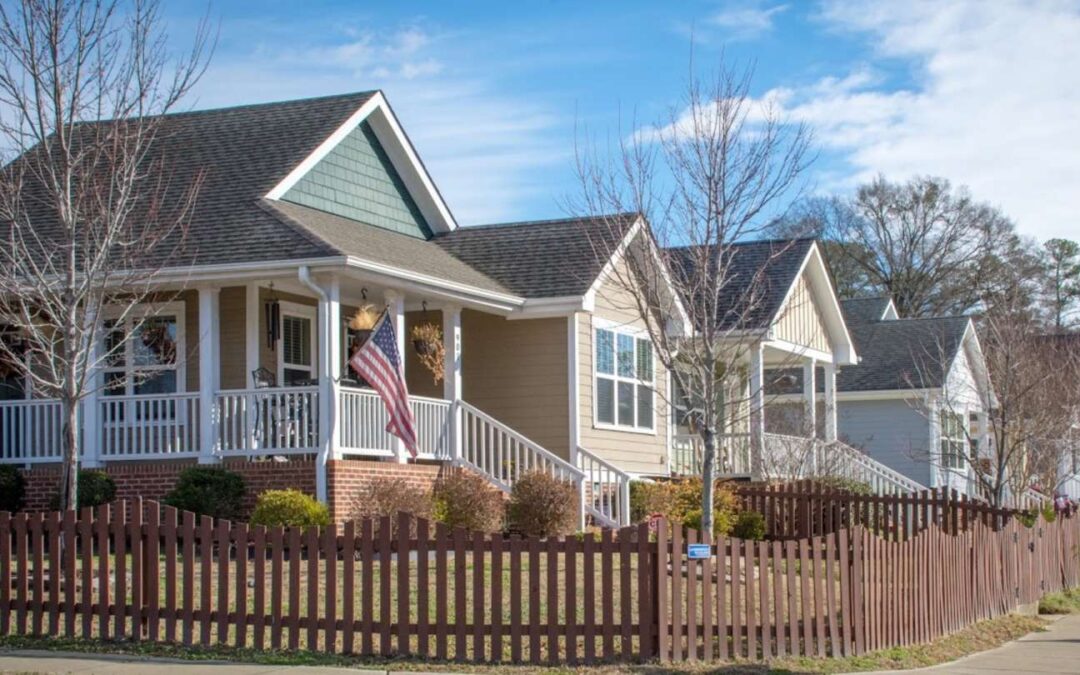
Lisa hughet has lived in Raleigh for nearly 30 years and says “my activism really kicked into high gear during the pandemic. Ironically, coinciding with a new City Council who appears not to have the residents of Raleigh as their highest priority. I’m also active in affordable housing matters and animal rescue.”
Lisa Hughet delivered the following comments to Raleigh City Council at the November 14, 2023 meeting:
Good evening. Talking about affordable housing tonight may seem unimportant given the ongoing invasion in Ukraine, the atrocities being committed in the Middle East, and the daily crime, gunfire and homelessness in Raleigh. Nevertheless, I’m going to keep fighting for it because affordable housing is a powerful instrument for building positive community outcomes for much of what ails us.
One key aspect is its impact on crime reduction. It’s shown that affordable, stable housing contributes to community safety because residents are more likely to be invested in the well-being of their neighborhoods. I have seen this firsthand in Habitat neighborhoods I have helped build. Reduced financial strain also mitigates the desperation that may lead to criminal activities, creating environments where residents feel safe and engaged.
Affordable housing plays a pivotal role in mental health by reducing stressors associated with housing insecurity. It goes without saying that stable housing provides a foundation for improved mental well-being, fostering resilience and a sense of security. This leads to lower rates of mental health issues and related challenges.
Affordable housing also intersects with the issue of incarceration. By addressing root causes such as homelessness and financial instability, affordable housing can contribute to a decrease in the likelihood of individuals becoming entangled in our criminal justice system. Stable housing becomes a preventative measure against cycles of incarceration, promoting rehabilitation and community reintegration.
For childhood learning, secure housing is foundational. Studies show that children in stable homes have better cognitive and intellectual abilities. This creates a positive cycle, leading to individuals that can contribute to the overall development and prosperity of the community. Yet the city continues to prioritize parks, bike paths, art installations and bus rapid transit over desperately needed affordable housing.
Ultimately, the transformative capacity of affordable housing extends beyond providing a roof over one’s head. It acts as a catalyst for community wide improvements, positively impacting crime rates, mental health, incarceration rates and childhood learning. This isn’t a nice-to-have.
It’s essential and it’s a key requirement for a thriving community.
If you appreciate the kind of reporting we bring to you
|
Please donate $10 or $20, Thanks for supporting |
 |

